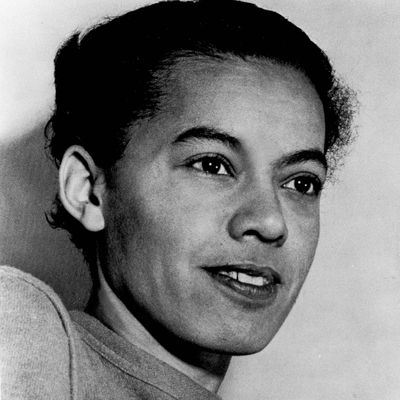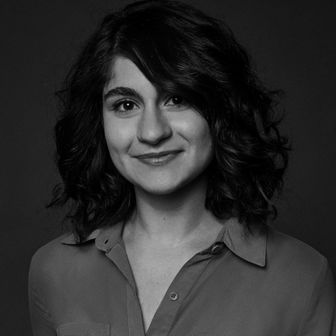
On Wednesday night, Yale administrators announced they’d be naming their two new residential colleges after Dr. Anna Pauline Murray — known as Pauli Murray — and Benjamin Franklin. And it’s likely you’re much less familiar than you should be with the former.
Murray — the first woman and the first African-American to get a residential college named after her at Yale — was an extraordinary scholar, lawyer, and activist.
Murray graduated from Howard Law School at the top of her class in 1944 (and was the only woman), and went on to produce writings that influenced Thurgood Marshall as he fought against segregation. And as Brittney Cooper writes at Salon, Murray paved the way for Ruth Bader Ginsburg to use the Equal Protection Clause in a landmark 1971 case about sex discrimination. In 1961, President John F. Kennedy appointed her to the Presidential Commission on the Status of Women.
In 1965, she became the first African-American to receive her doctor of juridical science degree at Yale and wrote prolifically about gender and racial discrimination. One of her key articles, “Jane Crow and the Law: Sex discrimination and Title VII,” compared discrimination based on sex and Jim Crow laws. Murray was also one of the co-founders of the National Organization for Women in 1966.
She had a fascinating inner life, too — Murray was openly queer and often challenged her gender identity. According to Cooper, “she asked doctors to administer male hormones to her in the 1930s, and tried to convince one doctor to perform exploratory surgery to see if she had ‘secreted male genitals.’”
Throughout the ‘60s and ‘70s Murray taught at Brandeis College, though she left in 1973 to become the first African-American, female Episcopalian priest. She died in 1985, a trailblazer in every sense of the word.


